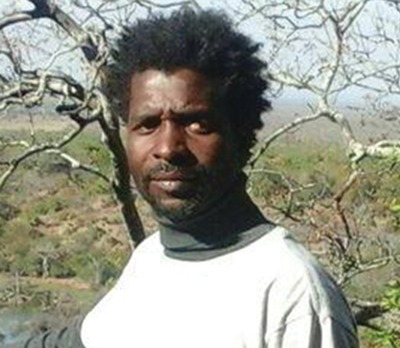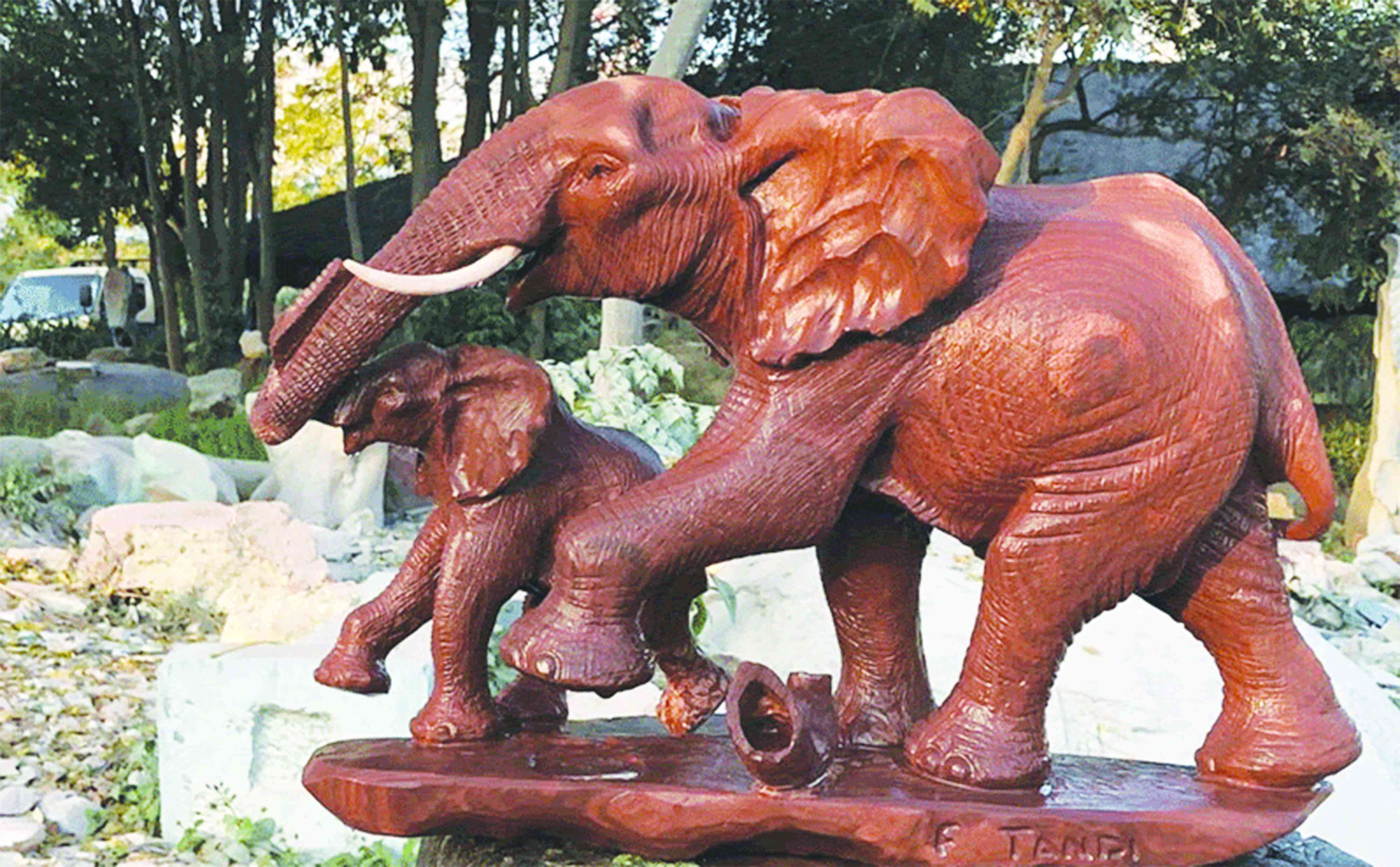
WHEN harvesting is completed in many parts of rural Zimbabwe, there are many rituals that take place. Villagers hold night vigils, sing and dance, but more importantly for those who love blood sports, it marks the beginning of the hunting season.
Zimbabwe has mostly savanna woodlands, a lot of drying rivulets and generally people start controlled veld-fires as they prepare for the new season.
The grass would be dry and brittle and small thickets would be leafless, creating a perfect setting to see wild game and less cover if preyed by hounds.
In many villages, young boys form hunting groups — bring their hounds together and work as teams.
Some boys have hounds, but no experience in reading game spoors.
So, they rely on others who can track or who can make a perfect shot with a bow and arrow.
The success of each hunting party is determined by the expertise assembled in the group, the fight in their dogs and more importantly some loose, but clearly defined roles each play and possibly what share they will get.
Many a time, the hounds have to familiarise themselves with each other before the hunt starts.
- Chamisa under fire over US$120K donation
- Mavhunga puts DeMbare into Chibuku quarterfinals
- Pension funds bet on Cabora Bassa oilfields
- Councils defy govt fire tender directive
Keep Reading
In some occasions they fight, testing each other with lots of growling and squealing to settle their own pecking order.
Frequently, the hunters have to separate them and keep a close watch, but not before the natural order has been established.
As the hunt progresses, the hunters have control over their hounds most of the time until a scent of the quarry is picked or worse still when the hounds smell blood and they become wild, uncontrollable and in the chaos that ensues, it’s the size of the fight in the dogs that determines the result.
Many an experienced hunter is aware of the danger posed by prey such as warthogs.
In a fight for survival, the warthog does everything to fight back using its pointed incisors to maximum damage, sometimes causing mortal wounds to one or two animals.
That is expected and that is what real hunting is about — this is different from hunting defenceless rabbits or bucks or gazelles.
Zimbabwe is set for one of the longest winters of discontent. The COVID-19 pandemic has created a perfect storm. Citizens have been under lockdown for more than three months now, some have lost their livelihoods and some even their hope, evoking the biblical scenario of the lepers who said “if we don’t get into the city we will die of hunger and if we stay, we will still die”.
This is sad, but that is the reality Zimbabwe finds herself in. Many have lost their jobs. Some vendors will never reopen post COVID-19 and the economy has dollarised while salaries have remained stagnant and in local currency that is losing value against the greenback daily. Added to this is public sector corruption involving the political elites at the expense of the poor. A perfect recipe for anarchy.
The main opposition has been unsure about organising protests and has relied and supported civil servants’ wildcat strikes.
And enters Jacob Ngarivhume on the scene. Ngarivhume, the leader of Transform Zimbabwe, has called for #July31 protests.
Many opposition parties, including the factions of the main opposition MDC, have endorsed the protests.
The civil society and opposition alliance is loose and focused on removing Zanu PF from power.
Like the village hunt, the hunting party is made up of different players bringing in a diversity of expertise, but more importantly, no agreement has been reached on sharing the prize.
Some of the activists, like hounds, are challenging each other and trying to reposition the political hierarchy. The opposition is smelling blood and no amount of control can bring discipline to the cadres. They are baying for blood and the prize is the ultimate goal.
It feels once again like it’s a now moment or never. Zimbabweans want change and are not ready to question the type of change they want. They simply want change. It smells like November 2017 all over again.
Citizens want a halt to the depreciating local currency, some want formal dollarisation and yet others want the corrupt and parasitic elite to be arrested and incarcerated for a long time.
Some want the total rearrangement of the political deck, while others dream of pursuing the neoliberal agenda of privatisation of land, State-owned enterprises and foreign currency deregulation.
Others, too, want the liberalisation of the economy and removal of all subsidies in the economy.
The crux of it is that the prize is big and the warthog will not roll down with the blows without a fight back.
Some hounds would be mortally injured in the fight, some will live to tell the tale.
Can hounds smelling blood be told to hold off a moment, restrategise to make the hunt a little neat or people want to fight over the spoils like our cousins in Malawi have already started doing, barely a fortnight after “winning power”?
Paidamoyo Muzulu is a journalist based in Harare. He writes here in his personal capacity.











